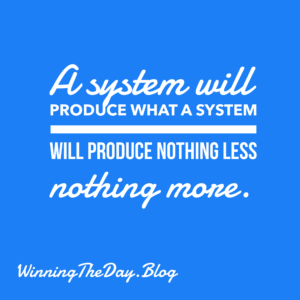Let’s be real. “Building the plane while it’s flying” isn’t just a metaphor… it’s how we operate every single day in this business. The real estate market doesn’t pause for us to get our ducks in a row. Our clients don’t wait while we upgrade our systems. This constant, mid-air change is the new normal, and it impacts everyone in the brokerage.
What it Looks Like on the Ground (and in the Air)
- For the CEO: You’re running a business that’s already in flight. You can’t just stop everything to vet a new CRM or revamp your recruiting strategy. You have to roll out changes while the current systems are still live, agents are still closing deals, and the business continues its trajectory. It’s about making a pivot without crashing.
- For the Recruiter: Your job is to attract talent to a moving target. You’re selling a vision of a brokerage that’s always getting better, always adding new tools, and always adapting to the market. You need to be confident in where the plane is headed, even as the crew is adding new engines.
- For the Staff: You are the crew chief. You have to learn new software, manage updated processes, and support agents through changes – all without missing a beat. Your job is to make the transition seamless and keep the operation running smoothly, even when things feel a little turbulent.
- For the Agent: You’re in the cockpit. You have to adopt new tools, learn a new MLS system, and adapt your marketing strategy on the fly. Your clients expect you to be an expert, and that means you can’t hit the “pause” button on your business to catch up.
How to Land Safely
Successfully navigating this constant state of change isn’t about avoiding turbulence – it’s about handling it well.
- Communicate Constantly: Over-communicate every change, big or small. Explain why a new tool is being implemented and how it will benefit everyone. This isn’t just about what you’re doing, but why.
- Start Small: Don’t try to fix everything at once. Pilot a new system with a small group of agents first. Get their feedback. Fix the bugs. Then, roll it out to the rest of the team. Incremental change is much safer than a massive overhaul.
- Provide Real Support: Don’t just send out an email and call it a day. Offer hands-on training, quick tutorials, and a clear point of contact for questions. Make sure people feel supported, not left to fend for themselves.
- Embrace the Feedback Loop: Your team on the ground knows what’s working and what’s not. Listen to them. Their input is crucial for making the next iteration better.
In the end, this is just the reality of the game we’re in. The most successful brokerages aren’t the ones that avoid change. They’re the ones that build a strong culture around it and learn to fly the plane with confidence while making it better in flight.






